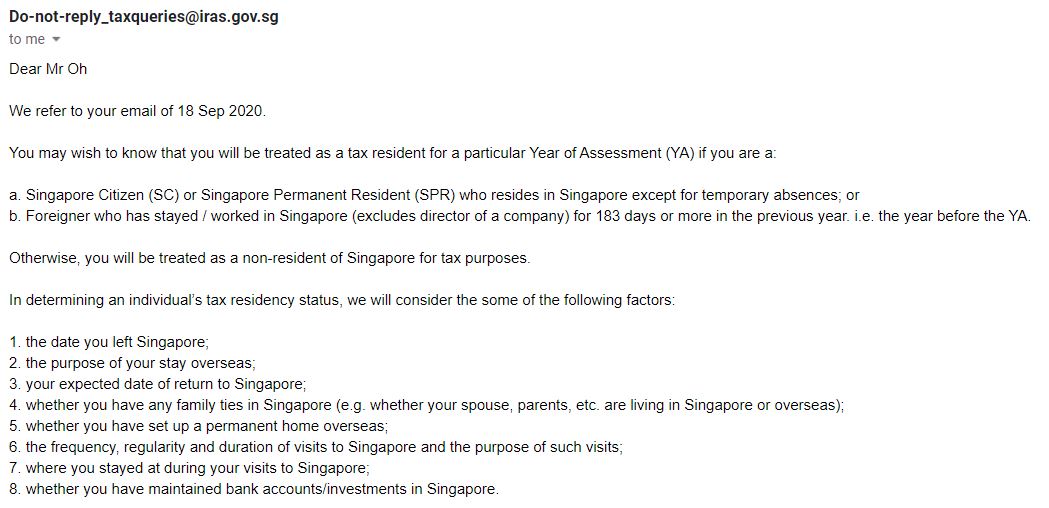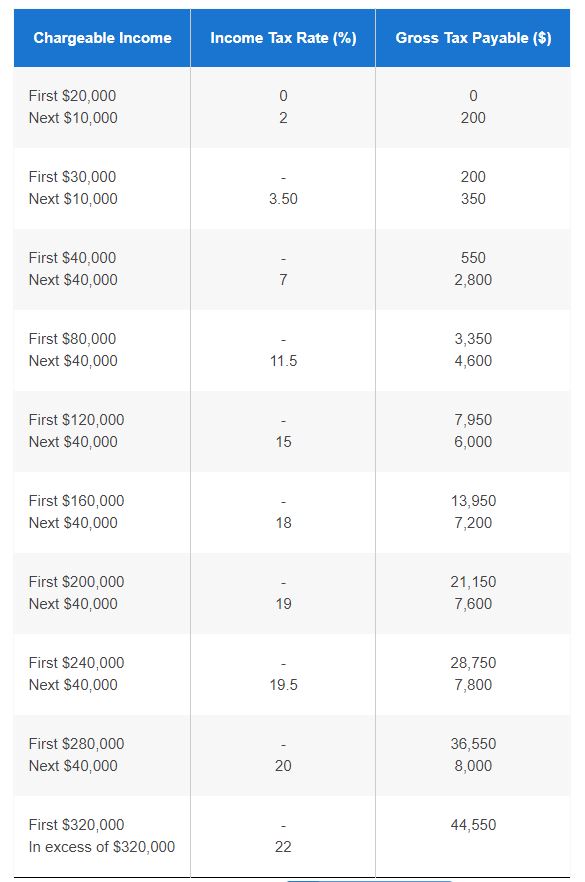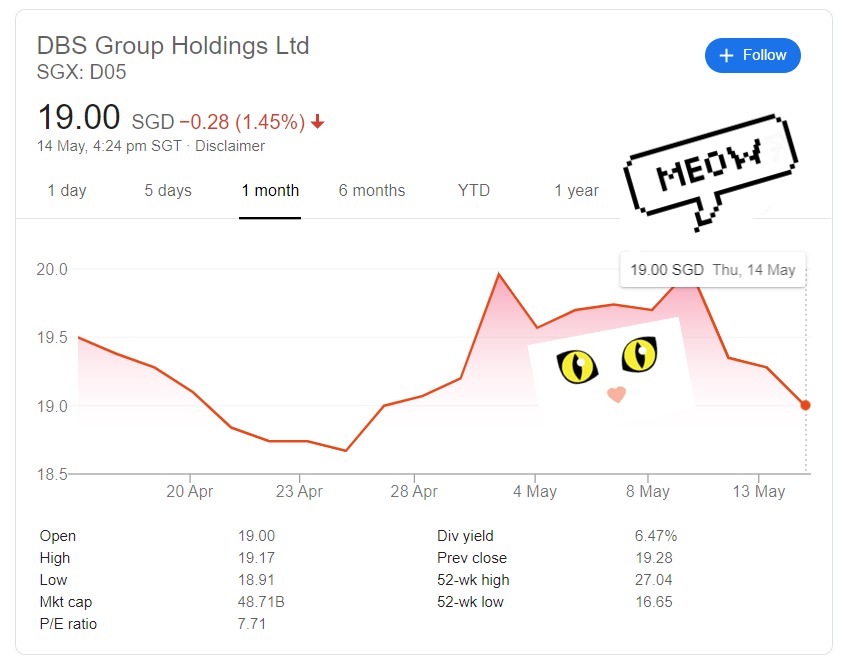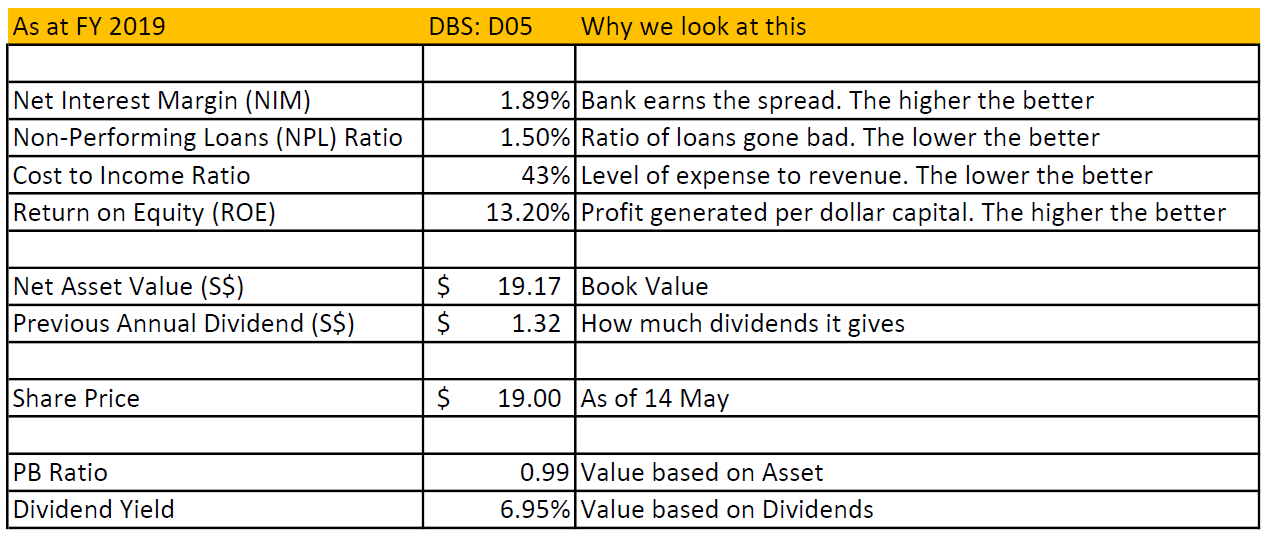
I still remember the first Wealth Management Seminar that I went. I woke up early that morning to take a 1.5 hours bus ride to expo. It was going to be 3 days where millionaires were invited on the big stage to share how they become rich. There were various strategies. Properties, Tax Lien, Value Investing, Options Trading, E-commerce, SRS hacks, you just have to name it.
I have to admit. I was impressed by the seminar. I thought I was in the presence of legends. I was introduced to a few “self-made millionaires” and I thought that I was really blessed to be able to hear their sharing. I took notes of every single word they say, every single habit they have and every single tip they gave.
I was all fired up.
Today, I’m a little wiser and can tell you with 100% conviction that just because they are a millionaire (or appear to be), it does not mean they are right about money.
Confession #1: I look up to them without knowing their source of wealth
I know of a guy who was in his 20s (I will not be sharing his name to protect the identify of the speaker). On stage, he was explaining his methodology on how he became rich. He shared that to be successful you have to be humble, live within your means, invest and compound. He went from a $1000 portfolio to managing a 7 digits portfolio in 3 years and he was still in his 20s! That’s incredible.
After being acquainted with this person, I realised that he wasn’t really following any budget and was spending lavishly. I questioned his habits only be dismissed by saying he can make it back easily by selling his course.
I was really disturbed after I heard that. I acknowledge his ability to make money but lost respect for he did not practice what he preached.
I believe many young people (like myself) look up to these “rich” people hoping to be one of them. At the end of the day, you do need capital to invest. It is easier to grow toward 7 digits portfolio when you already have a property that you want sell or an high income skillset.
Don’t look up to “successful” people blindly without truly understanding where their source of wealth is from. It could be range from inheritance to insurance proceeds and not what you thought it is.
Confession #2: I get intimated by fanciful titles
Just because someone is financially educated or more experienced than you, doesn’t mean that they’re always right. “Fund manager”, “Assets Enhancing Specialist”, “Chief Investment Officer” etc are fanciful titles that you probably see on the newspaper. It could come in other forms like “Value Investing Guru”, “The Options Specialist” or “Asia Real Estate Guru”.
Those titles are impressive. My friend was “promoted” to be a senior manager in her company because her customers only want to work with someone from the management. Her pay scale was the same, her job scope was the same but the company had to inflate her title so that she will get a response from her customers. It sounds weird but titles do make an impression in our lives.
Another friend of mine is a Chief Financial Officer of a company. He was earning around $15,000 monthly (Our most popular article: Is $30,000 salary a month enough?) and I thought he probably had a good financial plan. It turns out that he have less than $1,000 in his bank account, owes 5 digit credit card bills and no asset under his name.
Morale of the story: Don’t be intimated by fanciful titles. (Not even wealth sensei)

Confession #3: I was impressed by jargons
When I first started investing, there were many times I felt being out-jargon in a seminar. The more jargons they said, the more I felt I needed to learn. I love it when the trainers pop out words like “50 days exponential moving average”, “cashflow conversion cycle” or the “gamma of the option” out of the blue. I was impressed on their wealth of knowledge and want to learn from them.
While they have the wealth of knowledge, I realised that some of them never invest before in the stock market. They were using “difficult terms” but when I asked about the practicality and the application, they don’t seemed to have the answer or able share any experience. I was really surprised.
Don’t be impressed by jargons.
Final Thoughts
Whether it is the love of jargons or fanciful titles, find someone who embodies the meaning of wealth to you. Follow them, learn from them, become wealthy yourself too.

PS: Wealthdojo was selected by Feedspot as one of the Top 75 Singapore Investment Blogs on the web. I would like thank our readers (yes you) for your support in reading and sharing our articles. We will strive to be better and better in the years ahead!

Chengkok is a licensed Financial Services Consultant since 2012. He is an Investment and Critical Illness Specialist. Wealthdojo was created in 2019 to educate and debunk “free financial advice” that was given without context.
Feel Free To Reach Out To Share Your Thoughts.
Contact: 94316449 (Whatsapp) chengkokoh@gmail.com (Email)
Telegram: Wealthdojo [Continuous Learning Channel]
Reviews: About Me
The views and opinions expressed in this publication are those of the author and do not reflect the official policy or position of any other agency, organisation, employer or company. Assumptions made in the analysis are not reflective of the position of any entity other than the author.


















